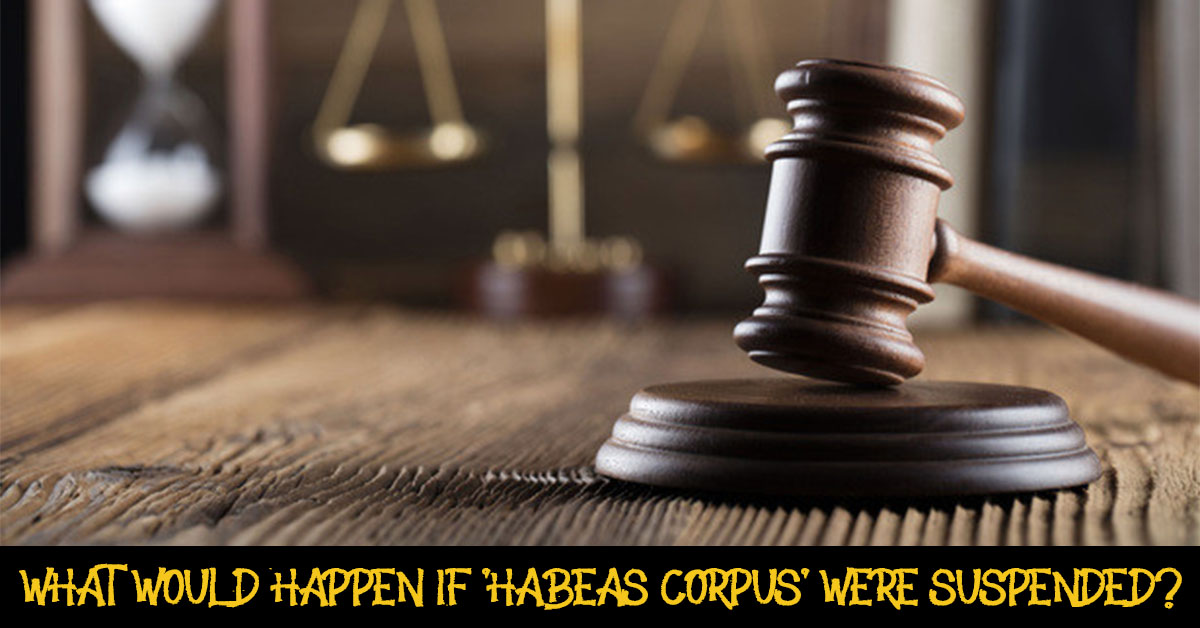A potential decision by the Trump administration has sparked renewed political tension in the United States. White House top adviser Stephen Miller announced that President Donald Trump is currently actively considering suspending “habeas corpus.”
Habeas corpus is a constitutional right that allows a detainee to challenge the legality of his or her detention in court. It is one of the pillars of fundamental justice in the US legal system. Miller said that the Constitution states that “habeas corpus may be suspended in time of rebellion or invasion in the interests of public safety.”
This right has only been suspended four times in US history—during the Civil War under Abraham Lincoln, during the suppression of the Ku Klux Klan in South Carolina, in the Philippines in 1905, and after the attack on Pearl Harbor. The idea of suspending habeas corpus at this time is seen by many as a major blow to the rule of law.
The Trump administration is claiming that the Venezuelan gang Tren de Aragua is waging an “invasion” of the United States, which is why it is necessary to take strong action. However, the courts have already rejected this “invasion” claim and are trying to stop the deportation of immigrants. In the meantime, the administration has tried to use the Alien Enemies Act to deport some immigrants without giving them a chance at a trial.
Many of the immigrants who are being sent back to their country in this way have filed habeas corpus petitions. In particular, the cases of students like Mahmud Khalil and Rumeysa Ozturk have come to the fore. They have been accused of taking punitive measures against them simply for expressing their opinions without proper evidence.
This move has raised deep concerns among US courts, the media, and rights organizations. It will affect not only the legal framework of the United States but also human rights worldwide. Many fear that taking such a step will lead the United States to the abolition of fundamental rights of justice like habeas corpus.
Analysts say that if this decision is implemented, the independence of the US judiciary and the legal security of the people will be seriously threatened. The question of protecting “habeas corpus” has now become a major test of the protection of democracy and human rights in the United States.
Can Read: Interest Rates Federal Reserve: Positive Response In The Stock Market
